Enemy of the People?
0 false 18 pt 18 pt 0 0 false false false /* Style Definitions */table.MsoNormalTable{mso-style-name:"Table Normal";mso-tstyle-rowband-size:0;mso-tstyle-colband-size:0;mso-style-noshow:yes;mso-style-parent:"";mso-padding-alt:0in 5.4pt 0in 5.4pt;mso-para-margin:0in;mso-para-margin-bottom:.0001pt;mso-pagination:widow-orphan;font-size:12.0pt;font-family:"Times New Roman";mso-ascii-font-family:Cambria;mso-ascii-theme-font:minor-latin;mso-fareast-font-family:"Times New Roman";mso-fareast-theme-font:minor-fareast;mso-hansi-font-family:Cambria;mso-hansi-theme-font:minor-latin;}
When we plan our panels each year, we always try and address topics that are newsworthy and relevant. It's not always easy, as we have to plan so far ahead of time, but this is one panel that could not be more pertinent to what we read every day in the headlines.
What differentiates the United States from many other countries is our ferocious commitment to the freedoms enshrined within the First Amendment. So what does it mean when the President of the United States calls the press the “enemy of the people,” and suggests that not applauding his speeches might be treasonous behavior? This panel brings scholars and journalists together to analyze the legal, ethical, and practical consequences of this state of affairs, and to discuss what we should do about it.
Here's the ad that appeared in today's Columbia Tribune announcing the panel:

